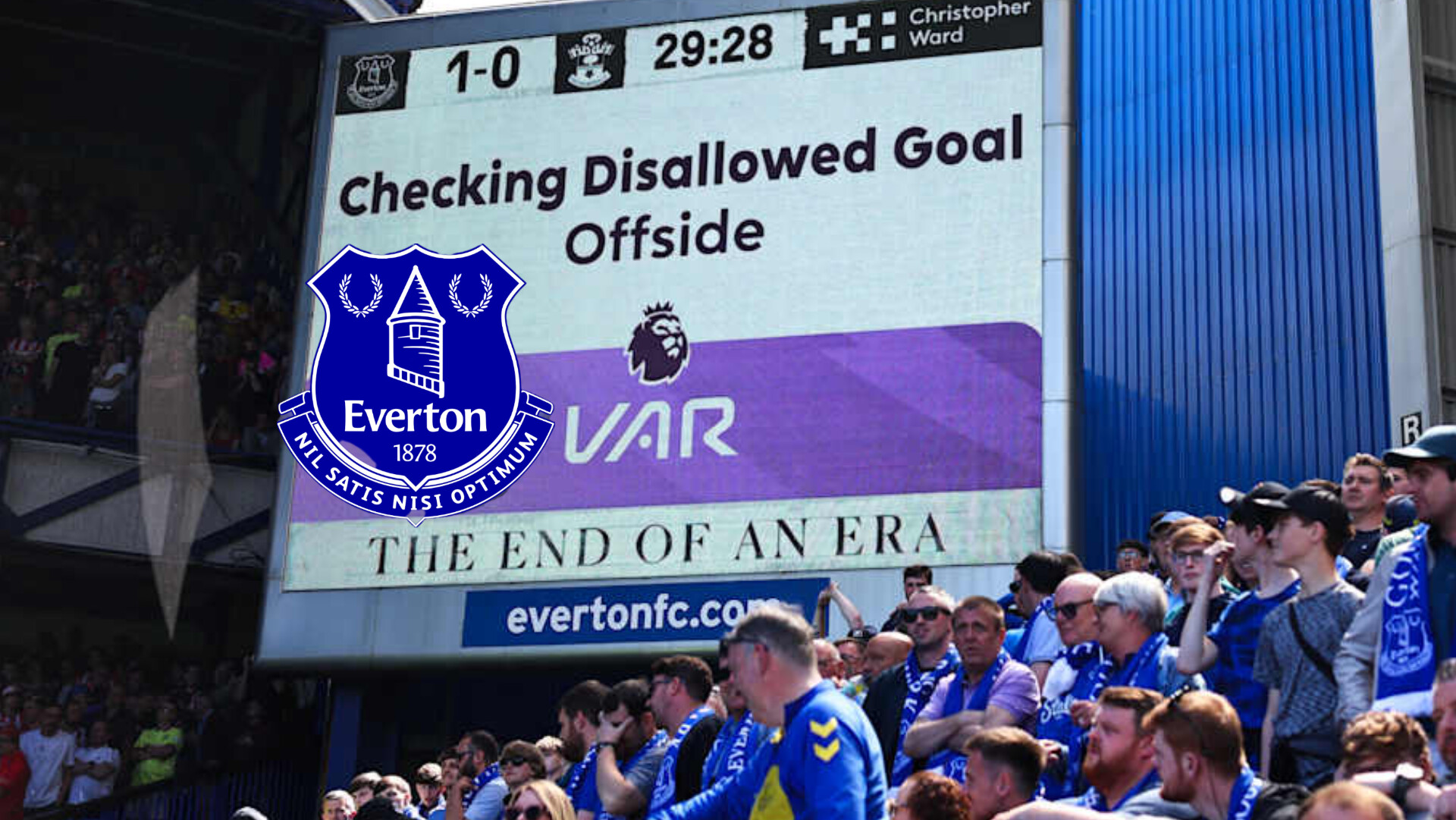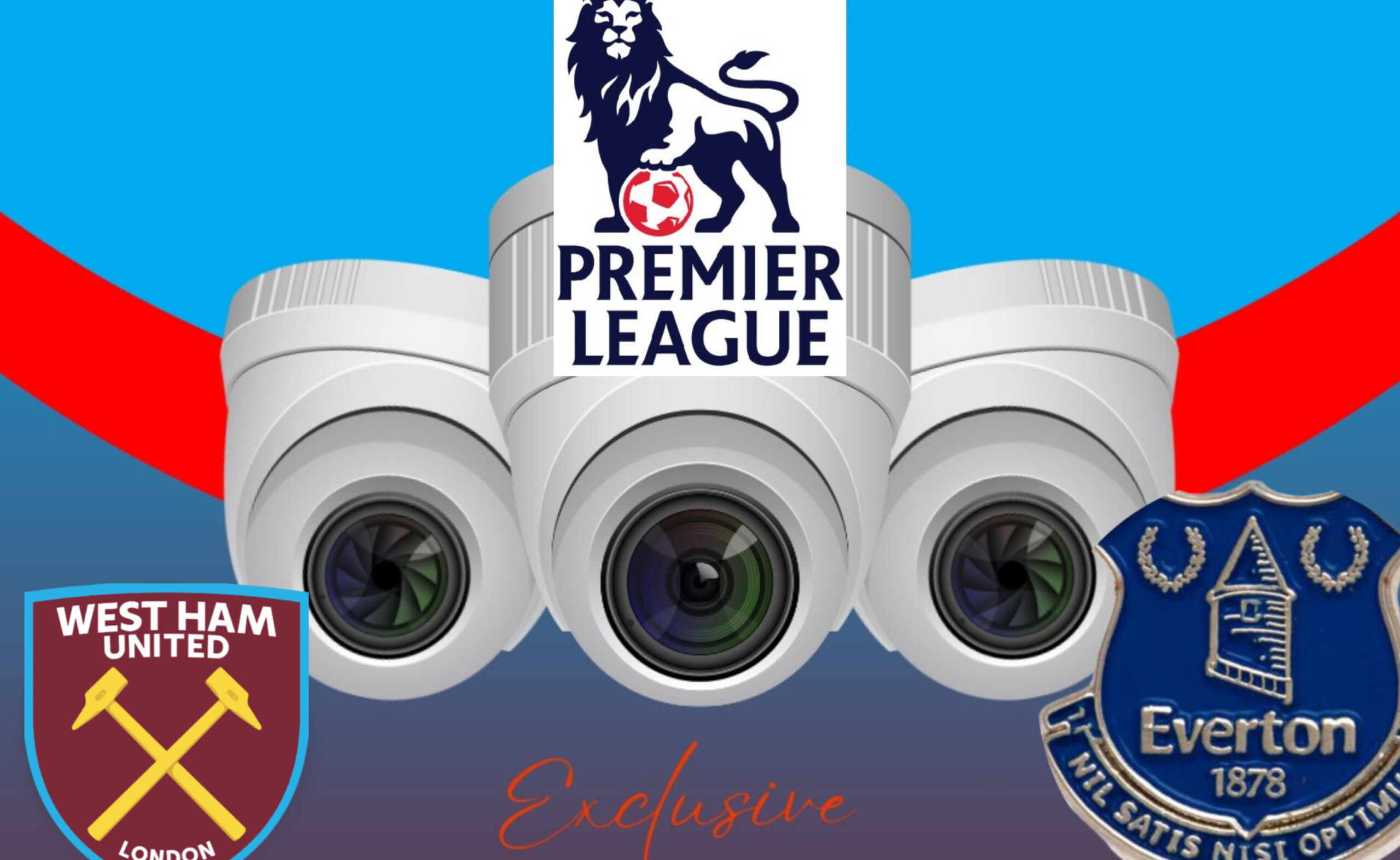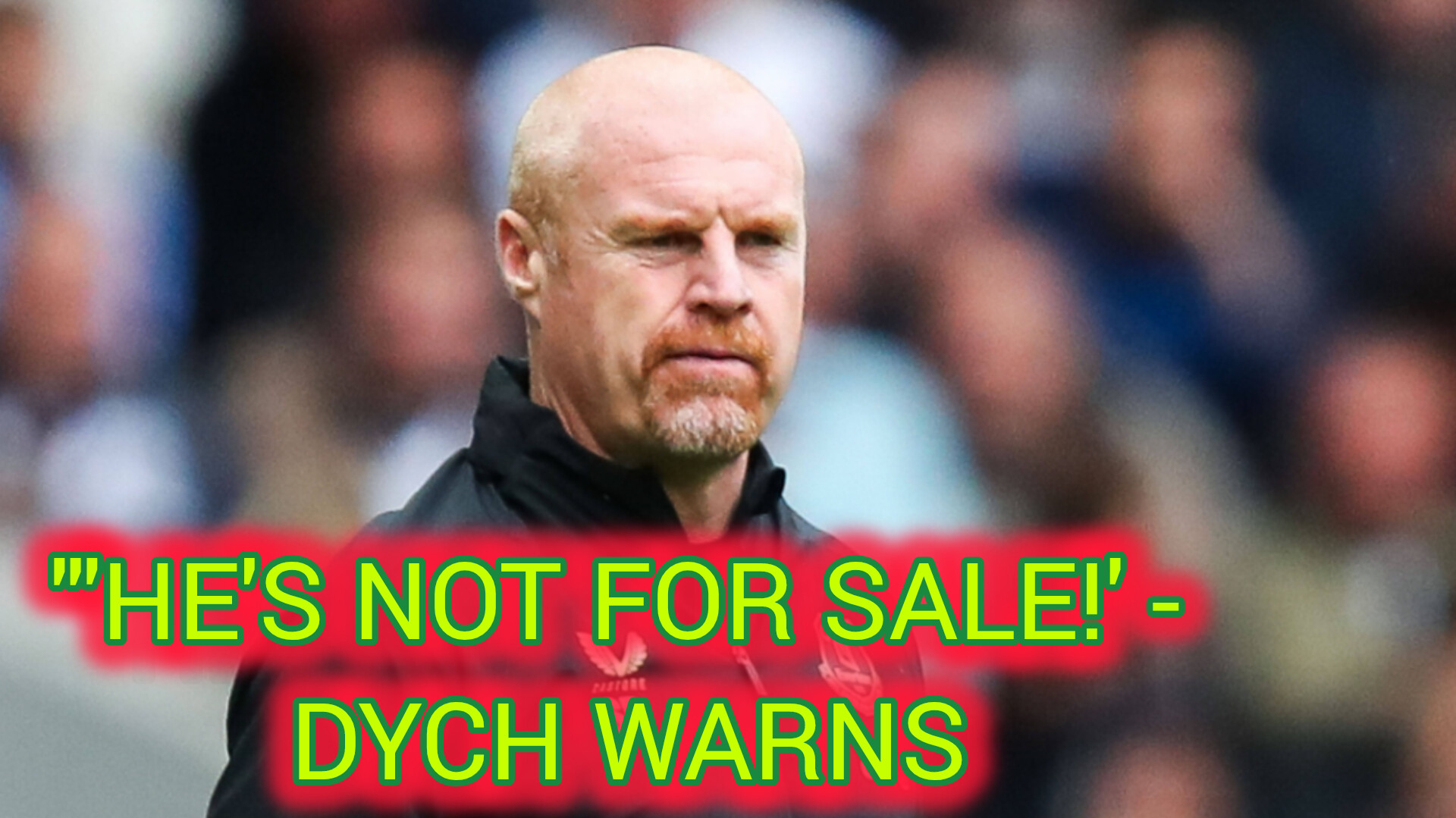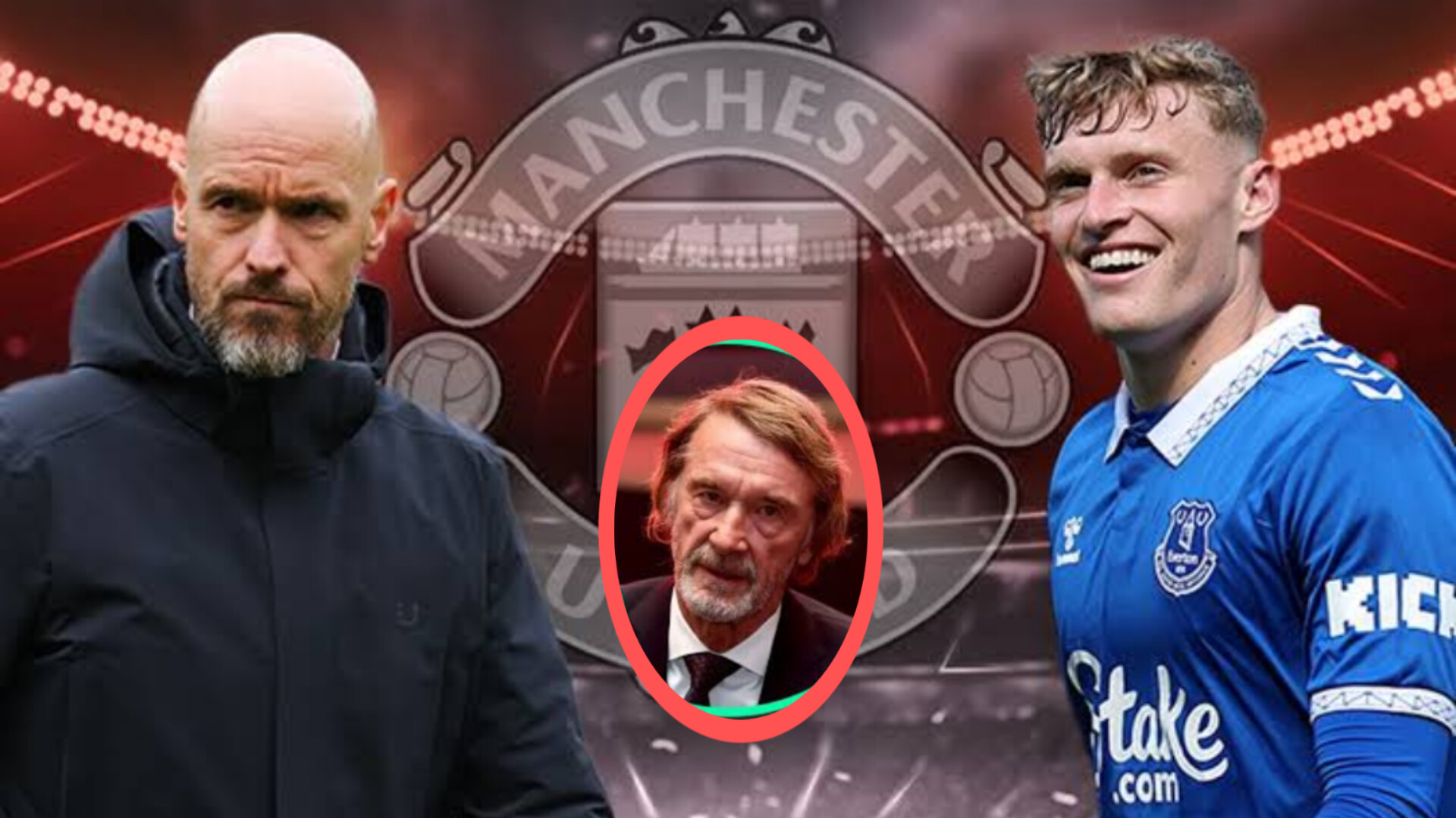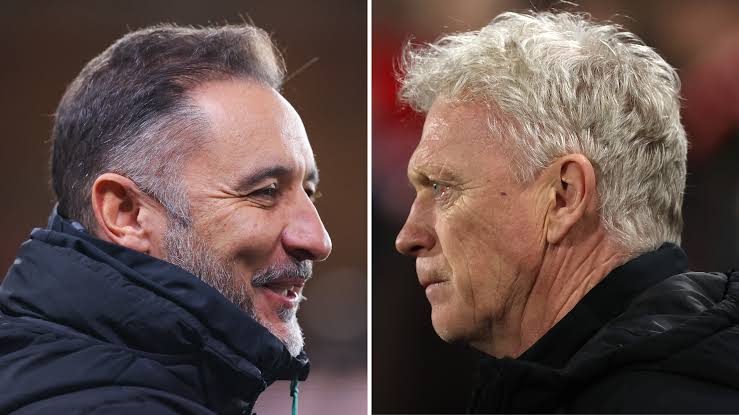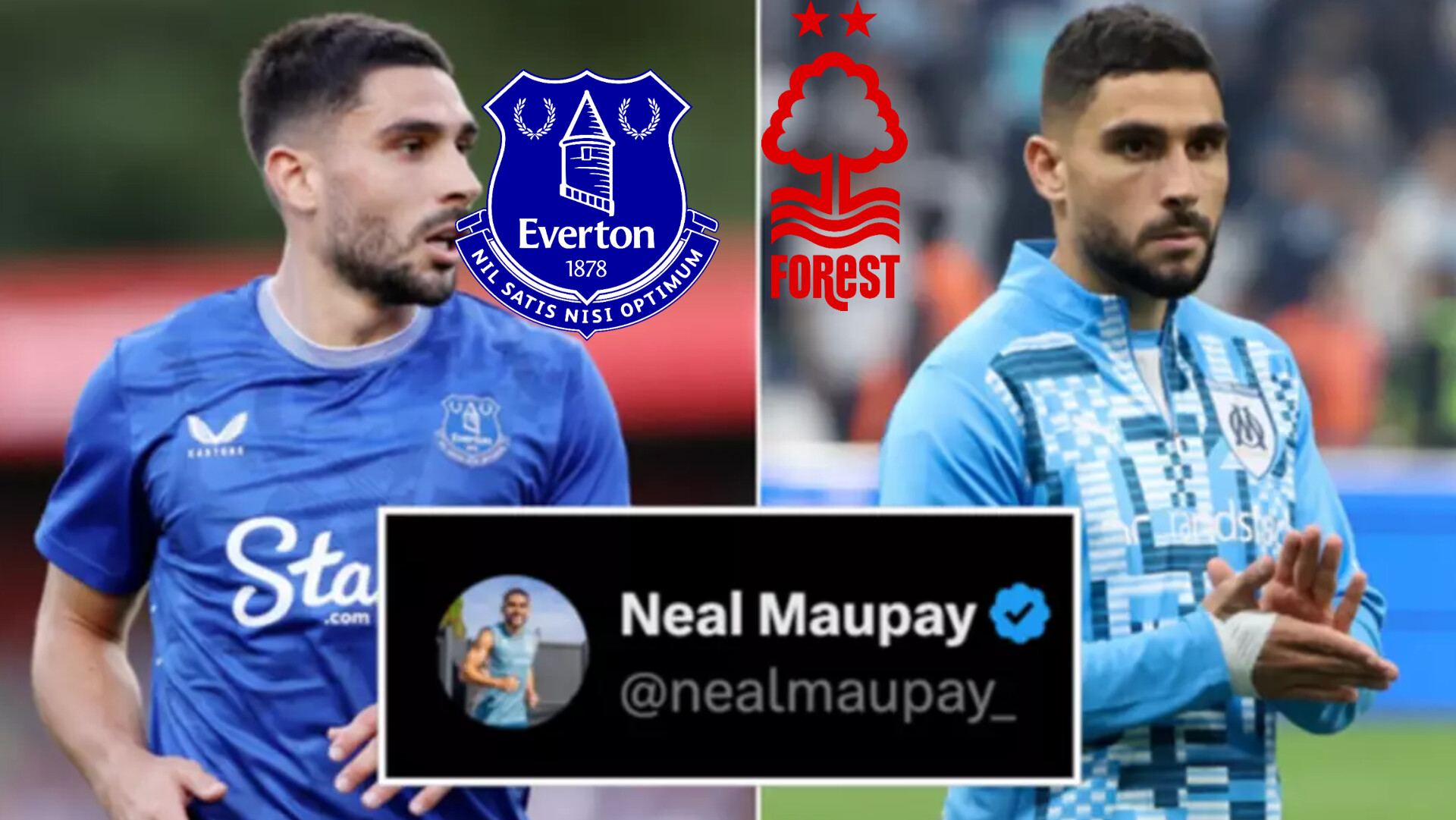In the ongoing debate over the role of VAR in English football, a new analysis has cast a fresh light on its impact—particularly on clubs like Everton. Love it or loathe it, VAR has undeniably altered the landscape of the Premier League, sparking frustration among fans and players alike due to its time-consuming nature and controversial decisions.
A comprehensive review by *The SunSport*, examining more than 380 contentious VAR calls from the 2023/24 season, has simulated an alternative Premier League table—one that reflects outcomes based purely on the original on-field referee decisions, without any interference from the VAR officials at Stockley Park.
The analysis revealed that VAR was responsible for awarding 12 goals and 25 penalties (21 of which were converted), while also chalking off 48 goals and denying 11 penalties. The biggest gainers from these interventions included Newcastle United, West Ham, and Aston Villa, with Newcastle seeing 13 decisions fall in their favour, compared to just five against them.
Conversely, Bournemouth emerged as one of the biggest hypothetical winners in a VAR-free league table. The Cherries would have climbed to sixth place—an improvement of three positions and eight extra points.
### VAR Cost Everton a Top-Half Spot
Among the teams adversely affected by VAR decisions, Everton’s name stands out. According to the revised table, the Toffees would have been five points better off without VAR involvement. This margin could have lifted them to 11th place—level on points with Brentford and just outside the top 10—a significant improvement on their actual standing.
From the very first match of the campaign, VAR seemed to conspire against Everton. In their 3-0 defeat to Brighton, a questionable tackle by Lewis Dunk on Dominic Calvert-Lewin went unpunished, sparking early frustration. Though that decision may not have changed the match outcome, it was emblematic of the frustrations to follow.
Calvert-Lewin again found himself on the receiving end of a debatable non-call in a goalless draw against Newcastle when Dan Burn’s challenge in the box was dismissed. Dwight McNeil was brought down in the area during an away clash with Ipswich, and Ashley Young appeared to be fouled by two Manchester United players in the lead-up to a late winning goal—another call that arguably should have gone in Everton’s favour.
Still, Everton weren’t entirely without luck. They avoided a potential penalty call after James Tarkowski’s challenge on Jean-Philippe Mateta in their win over Crystal Palace. Similarly, goalkeeper Jordan Pickford escaped sanction for a collision with Chelsea’s Malo Gusto, which could easily have resulted in a spot-kick.
One of the most hotly debated moments of Everton’s season came in the Merseyside derby. James Tarkowski’s high, studs-up challenge on Alexis Mac Allister drew outrage, with many branding it a red-card offense. PGMOL chief Howard Webb later admitted the challenge should have been reviewed and punished accordingly, calling it a clear oversight.
### A Case for Reform, Not Removal?
Despite these controversies, proponents of VAR argue that over a season, the decisions tend to balance out. Still, Everton’s experience in 2023/24 shows that these calls can have a significant cumulative effect. Missing out on a top-half finish and the financial benefits that come with it isn’t insignificant.
With the Premier League continuing to fine-tune VAR protocols, the hope is that improvements will be made for next season—particularly in clarity, speed, and consistency. Everton, meanwhile, will be hoping for a little more fortune from the video booth in the 2024/25 campaign.
